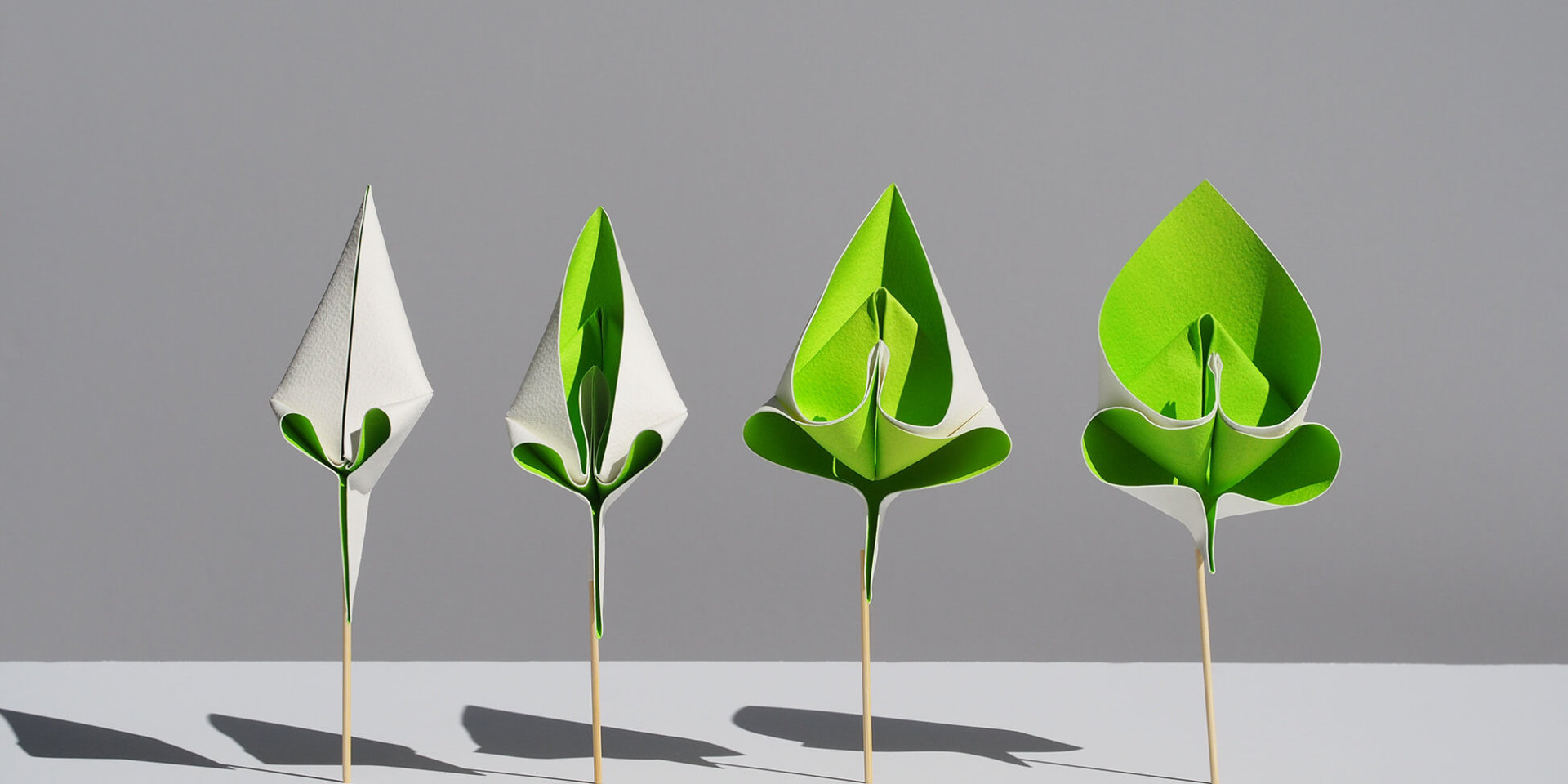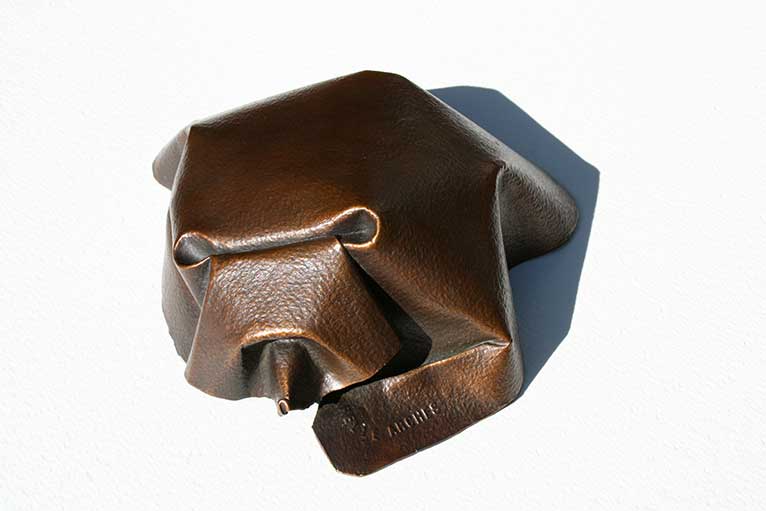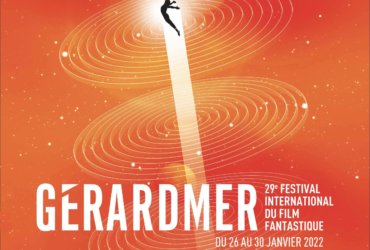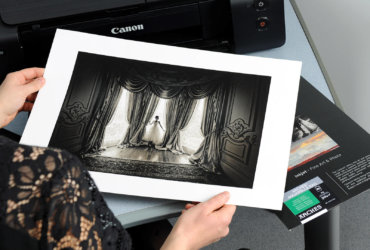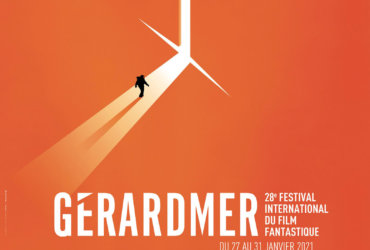Who is Giang Dinh?
Giang Dinh was born in Hue, Vietnam in 1966. When he was about 7 years old, his parents gave him some books on origami. He studied architecture, but the Vietnam War broke out and the family lost everything. But he still had in his memory a few traditional origami models that he had learned from those books. He moved to the United States to continue his architecture studies. The one day in 1996, by chance he came across one of the books he parents had given him in a bookshop: The World of Origami by Isao Honda. He bought it, rediscovered his passion for paper folding and joined Origami USA. He bought some more books and started going to origami conventions, where he discovered and was inspired by the work of international artists. Giang Dinh, who now lives in Virginia in the United States, has been creating his own origami figures since 1998. He is a recognised artist who exhibits all over the world.
The art of origami
Origami is the art of folding paper. The term comes from two Japanese words, oru meaning fold and gami, meaning paper.
In the 6th century, Shinto monks were already using paper folding techniques to decorate pitchers of sake for religious ceremonies or to make packages for medicines or herbs and spices. The oldest form of religious origami known today is katashiro, which represents a divinity.
Giang Dinh and origami
Among the artists that practise origami, there are many that prefer complex figures which they see as real challenges. Although at first sight simple figures may look easy to make, in actual fact it is not so easy to capture the soul of a subject and bring it to life.
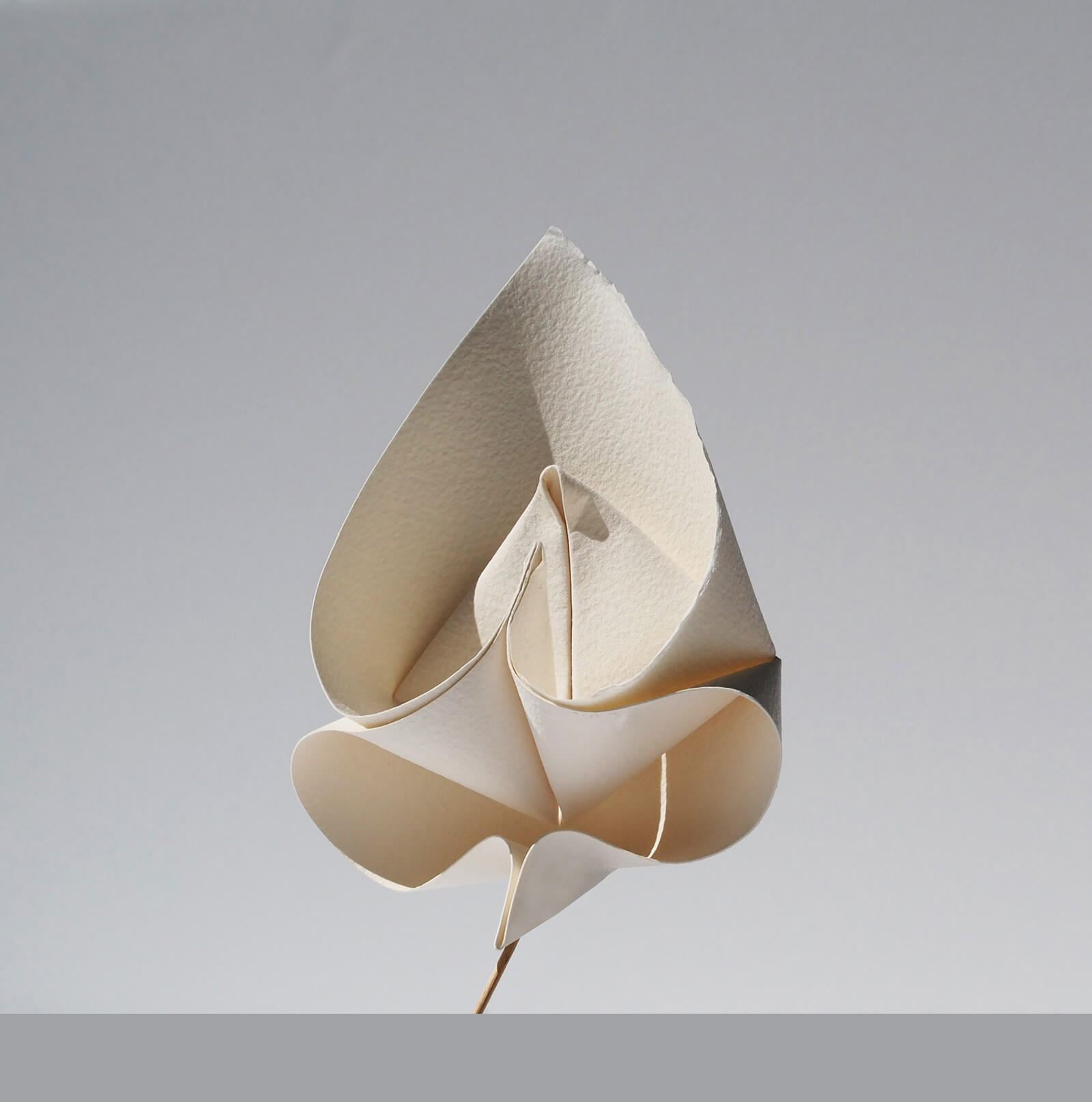
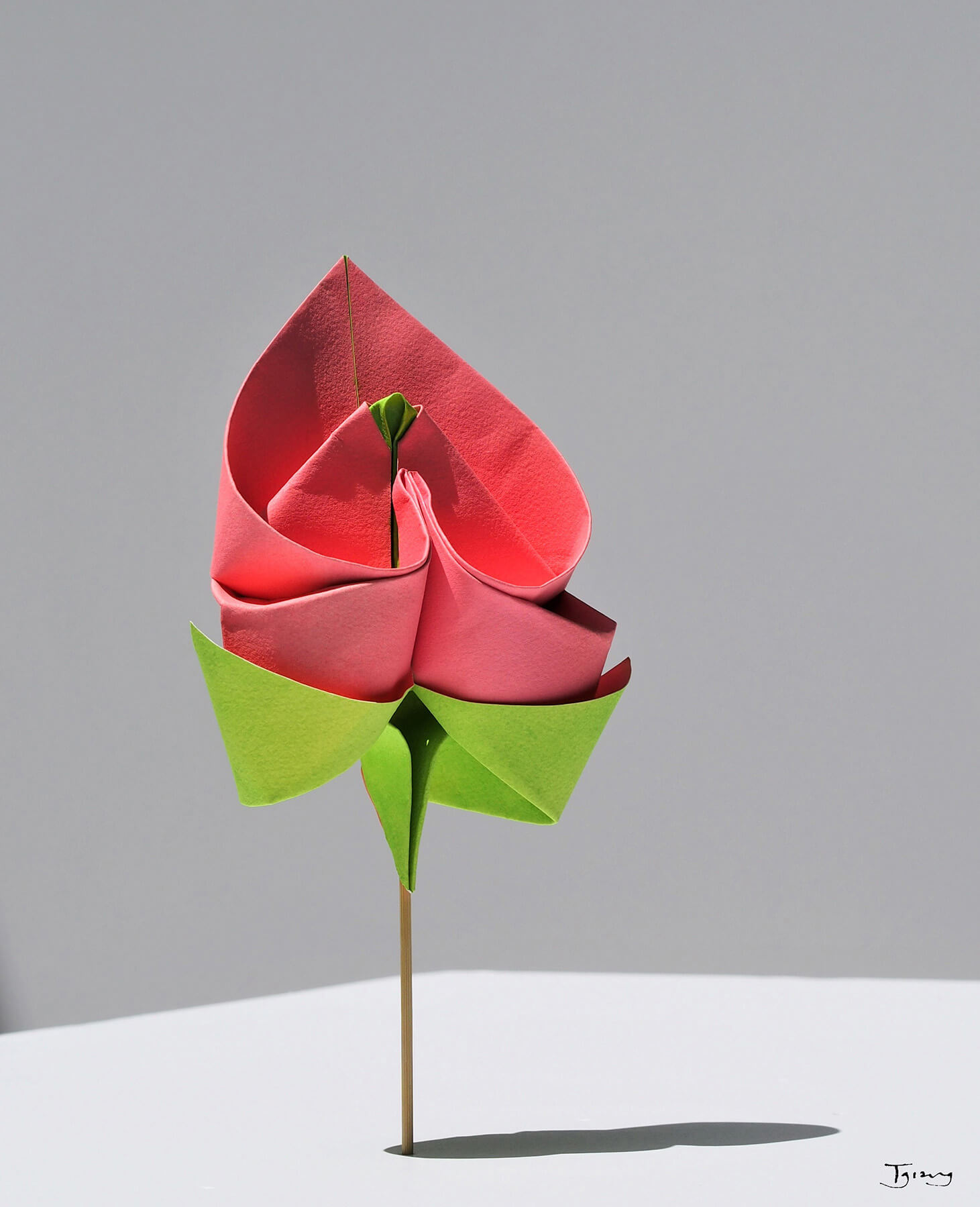
A designer at heart, Giang Dinh has a pared down, sculptural, elegant, free and improvised style. For him, origami is like a Haiku: a few words can mean so many things. Here are 2 quotations that he is particularly fond of, which sum up his artistic style:
“Perfection is achieved, not when there is nothing more to add, but when there is nothing left to take away.”
Antoine de Saint Exupéry
“Making the simple complicated is commonplace, making the complicated simple, awesomely simple, that’s creativity”
Charles Mingus
Happiness for Giang Dinh is a piece of paper! Finding it a constant source of wonder, he delights in the creative magic in his fingers as they skilfully manipulate the paper. With great modesty, he readily shares and passes on his know-how to others all over the world.
“Origami is an art form for sharing – anyone can do it, rich or poor”
He has two themes he returns to again and again: “dreamers”, which are semi-abstract characters that convey powerful emotions through the language of silence, and animals, which he instinctively fashions from memory rather than from a model.
Giang Dinh often uses the wet folding technique. Developed by Akira Yoshizawa, this technique involves dampening thick paper and working the paper almost like clay to gently form the shapes. Once dry, the figure keeps its shape like a real sculpture. He would actually like some of his origami figures to be turned into life-size metal sculptures so that the general public can touch and feel them.



